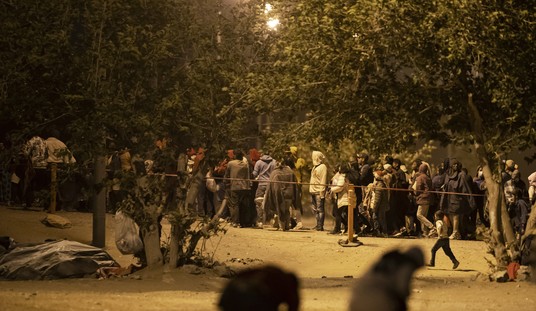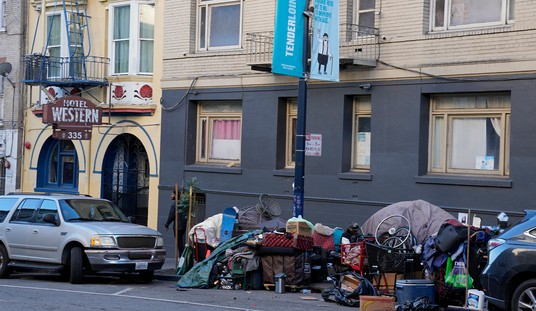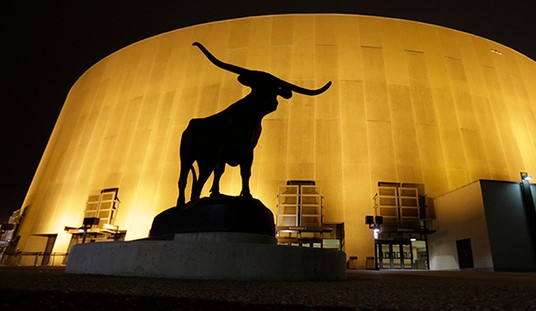If a new measure being considered in New Hampshire is passed, it may become legal to take a “selfie” at the voting booth showing you and your completed ballot and then posting the image on social media. Wait… that was illegal?
The New Hampshire Legislature is revisiting the issue of ballot selfies. The House Election Law Committee is hearing a bill Tuesday that would repeal a measure passed last year that bans taking a digital photograph of a marked ballot and sharing it via social media or other means.
Representative J.R. Hoell is the bill’s prime sponsor, and says it’s a First Amendment issue.
“People should be able to publish their ballot if they’re interested in publishing their ballot, provided they’ve already put it in the box,” he said. “This is after they’ve gotten out of the polling station and they want to show their friends what they did.”
One of the great things about writing at a site like Hot Air is that you can learn something new almost every day. I honestly had no idea this was illegal and it never would have crossed my mind. As it turns out, it’s illegal to take a photograph of your completed ballot in 43 states, and even if New Hampshire reels in this recent legislation, it sounds like you still may not be able to take the picture. It just won’t be an additional crime to post it on Twitter.
But why? My first impression was along the same lines as Representative Hoell, thinking that whether or not I choose to keep my secret ballot a secret should be my business, providing I have the option to keep it private if I wish. But if I want to show everyone, why should the government be able to squelch my ability to let everybody know who I supported? As it turns out, that wasn’t the subject of these laws originally. It was to prevent voter fraud.
A “ballot selfie” risks a felony charge — and a $1,000 fine — in New Hampshire, where photographic images of ballots are banned in an attempt to deter vote buying and uphold the sanctity of the secret ballot. The rationale behind the law is that if a vote cannot be proved, it cannot be purchased.
I had one of those light bulb over the head moments when I read that. I suppose in the bad old days when bosses would send out surrogates to round up the locals and slip them some cash to go vote, it would have been nice to be able to prove that you were getting your money’s worth. And if you wanted to pull a scheme like this in the modern era, cell phone cameras would certainly make it easy. But at the same time, when you take cell phone pictures of anything dodgy and begin mailing them around, you’ve left an electronic paper trail which is awfully easy to track down. (Just ask Anthony Weiner.) The recipient of a massive amount of photos of completed ballots should be fairly easy to suss out if even one person reports it.
Still, we are talking about ballot integrity here. I quickly found some liberals who were jumping on the bandwagon of saying that these are bad laws because they seek to solve a theoretical problem that doesn’t exist. That sounds awfully familiar if you follow the voter ID debate, so I’m immediately suspicious. Since these are state level laws decided by the locals and not a mandate from Washington, perhaps it’s best to leave them on the books as long as the voters are happy with them and just trust our friends when they post on Facebook about who they voted for.








Join the conversation as a VIP Member